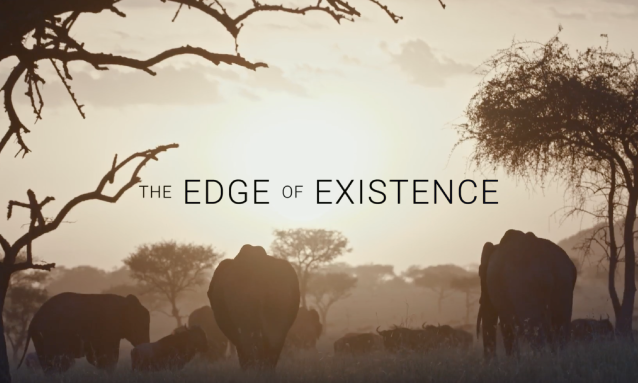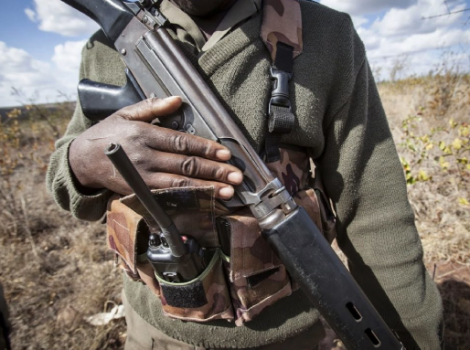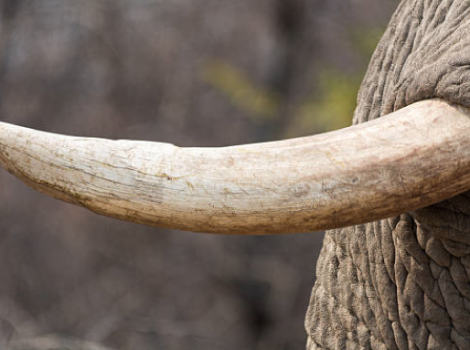
In rural Botswana, human-wildlife conflict is affecting the livelihoods of local communities. BirdLife Botswana is engaging local communities to address this problem.
Gadiphimolwe Kenekare trots after his herd of 60 cows as the sun sets in the horizon, spreading its orange rays across the dusty landscape. Every now and then, a cow wanders off, and Kenekare prods it back to the herd with a long stick. As darkness begins to engulf the landscape, he quickens his pace.
“Soon it will be dark, and wild animals including lions and leopards will be on the prowl,” remarks Kenekare.
Kenekare is one of the many herders in Kgalagadi district (Southwest Botswana) who have borne the brunt of human-wildlife conflict. Kgalagadi is one of the most under-developed districts in Botswana, with rural communities residing in Wildlife Management Areas (WMAs) in the proximity of Kalahari Transfrontier Park and the Central Kalahari Game Reserve.
For a long time, rural communities in Kgalagadi have lost livestock as a result of wild predators, or due to disease caught from passing wild animals (the WMAs are major wildlife migratory corridors).
Consequently, BirdLife Botswana, in conjunction with the Department of Wildlife and National Parks, hosted a workshop on 3rd February 2020 to educate local communities in Kgalagadi North about Wildlife Monitoring protocols. The workshop sought to equip communities with skills to conserve and manage their environment and ecosystems, including wildlife, for their benefit and that of future generations.
The workshop drew 33 participants from six settlements including Hukuntsi, Hunhukwe, Inalegolo, Ncaang, Ngwatle and Zutshwa. Also in attendance were representatives from the District Commissioner’s office and the Community Based Organisations Technical Advisory Committee, tasked with supporting community and village developments. As part of the workshop proceedings, wildlife monitoring teams were set up. The teams will actively monitor wildlife distribution, population and mortality in addition to reporting illegal activities including wildlife poisoning and poaching.
“Involving local communities in wildlife management will enable us to tackle the threat of human-wildlife conflict effectively. This participatory approach enables local communities to be guardians of their environment and take good care of it, thus ensuring sustainability”, remarked Keddy Moleofi, programme coordinator at BirdLife Botswana.
The workshop featured a session on monitoring programmes implemented by BirdLife Botswana including Important Bird & Biodiversity Areas, Threatened Birds of Botswana, Waterfowl Monitoring and Terrestrial Bird Population Monitoring. Participants were taught how to collect data for these monitoring programmes. This session also focused on threats faced by vultures, vulture monitoring protocol and how to report vulture poisoning incidents.
“The monitoring programmes by BirdLife Botswana help us to appreciate the importance of various birds in the ecosystems, most importantly vultures. Through this training, we have been equipped with the skills to monitor and conserve these birds”, noted Kerapetse Xaasane, one of the participants at the workshop.
To wrap up the sessions, members were trained on monitoring natural resources, including data collection using the Management Orientated Monitoring System for effective management and the utilisation of these resources.
Source: http://www.birdlife.org/africa/news/tackling-human-wildlife-conflict-through-community-engagement



